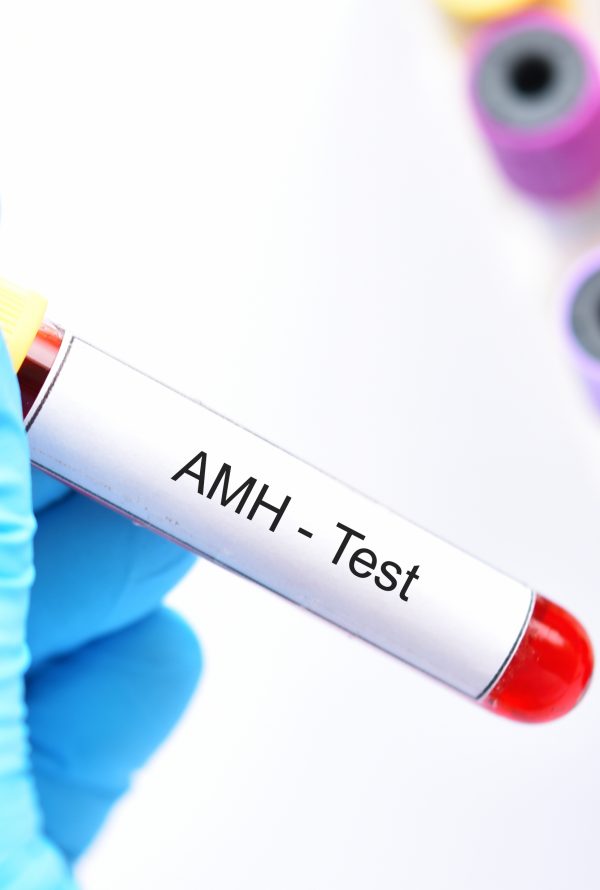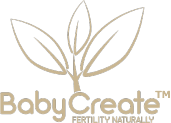
Joanne appears on the “What next?” podcast with Kirsty Robbie
20 Dec 2022
Treating People Not Symptoms – From Pharmacist to Naturopath
13 Nov 2023
Your AMH level is a reflection of your growing or actively maturing follicles.
What is AMH?
Anti-Mullerian hormone (AMH) is a hormone that is produced predominantly by granulosa cells of the growing follicles within the ovary. These follicles are the smallest, earliest stages of growth and development of the follicle or egg.
Your AMH level is a reflection of your growing or actively maturing follicles which can be correlated with your follicle count or ovarian reserve.
In healthy women, their AMH level increases until early adulthood, peaks at 25 years of age, and then slowly declines until after menopause (at which time there are no more growing follicles).
If you have low AMH levels, it means that you have fewer growing follicles and at that moment in time, your ovarian reserve is low.
How do AMH levels relate to your Fertility?
According to research, AMH levels are ‘not a good predictor of female fertility’!
‘AMH measurement is only useful as an indirect marker of the remaining female fertile years in those women who have premature ovarian failure.‘
The American Journal of Reproductive Medicine Fertility and Sterility Journal Review discusses a very recent paper on the clinical use and misuse of AMH in current reproductive medicine practice – quote:
“… using AMH to forecast fertility potential can be fraught with error and can drive unwarranted medical treatment. Certain conditions and medications can also result in falsely low AMH determinations, which can again lead to inappropriate treatment recommendations. The knowledge of the proven usefulness of AMH and its limitations is therefore critical for optimal clinical practice.”
Among women aged 30-44, without a history of infertility who had been trying to conceive for 3 months or less… ‘findings do not support the use of AMH levels to assess natural fertility with these characteristics’.
So even though your AMH levels naturally start to decrease with age, you should still be able to conceive. The issue is that there are fewer follicles to recruit, so it might become more difficult the older you get.
AMH is NOT a fertility check
[Listen – 6 mins]
Markers of ovarian reserve as predictors of future fertility
Excerpt from “Fertility and Sterility On Air – TOC: January 2023”
Is AMH important for IVF treatment?
Fertility specialists are interested in measuring AMH levels as it helps them decide which assisted reproductive technique, ovarian stimulation protocol, and medication dosage they will use for the IVF cycle.
It has nothing whatsoever to do with predicting the quality of your eggs during egg retrieval.
In other words, if you are undergoing IVF, your specialist would need to work out if you have enough follicles for a successful outcome, and also how well your ovaries will respond to being stimulated with medication.
In these cases, women with low AMH levels might need their stimulation medication adjusted accordingly. And women with high AMH levels, as in PCOS, would need to be carefully monitored.
What factors other than age could cause low AMH levels?
- Smoking – affects ovarian function as well as the quality of the eggs.
- Endocrine Disruptors – Environmental toxins affect ovarian function and quality of the eggs in a similar way to smoking.
- BMI – Obesity as well as being underweight are both problematic for ovarian function and therefore AMH.
- Current contraceptive use – this will decrease AMH levels. So it’s pointless testing for AMH during contraceptive use. Best to wait at least 3 months before you do the AMH test.
- Low Vitamin D levels – chronically low level of vitamin D has been known to compromise AMH.
- Premature Ovarian Insufficiency
- Ovarian surgery
- Genetic factors
Are AMH levels changeable in some women?
Yes!
Your AMH levels can change during various times during your cycle and under certain conditions.
As you’ve seen in the above examples, genetic and epigenetic (lifestyle) factors can influence your AMH levels.
There are many avenues I use in my practice to help women improve their health status and hence their AMH levels.
Is there anything that can help improve AMH levels?
Even though there are no medical options available for improving AMH status, naturopathically there are many.
As a Naturopathic Fertility Practitioner, I consider AMH levels as just one part of a much bigger picture when making my overall assessment of each patient. I consider many factors when giving advice and making my treatment decisions.
Some examples of my natural approach to improving your AMH levels:
- During the consultation I would explain my ‘4 Steps to Fertility’ protocol. This includes advice on a good ‘fertility improvement’ diet as well as lifestyle factors such as exercise, relaxation and avoidance of endocrine disrupting chemicals. The advice I give is fully backed by research and studies that are known to improve fertility as well as AMH levels.
- I might also suggest certain supplements such as Vitamin D, Iron, Zinc etc. (if your levels don’t fall into my optimal fertility values range).
- I often prescribe antioxidants and fish oil as these are known to be beneficial too.
- Appropriate herbal medicines are extremely important for addressing hormonal imbalance which usually influence your overall fertility as well as your AMH levels.
I hope I have given you a better understanding of AMH and how I approach it from a naturopathic perspective.
I also hope I’ve given you more confidence in your fertility prospects regardless of what your levels are.
Joanne Lipinski – Fertility Naturopath Melbourne
Related Link
Markers of ovarian reserve as predictors of future fertility
“Benjamin S. Harris M.D., M.P.H. , Anne Marie Jukic Ph.D. , Tracy Truong M.S. , Caroline T. Nagle M.P.H. ,
Alaattin Erkanli Ph.D. , Anne Z. Steiner M.D., M.P.H.”
